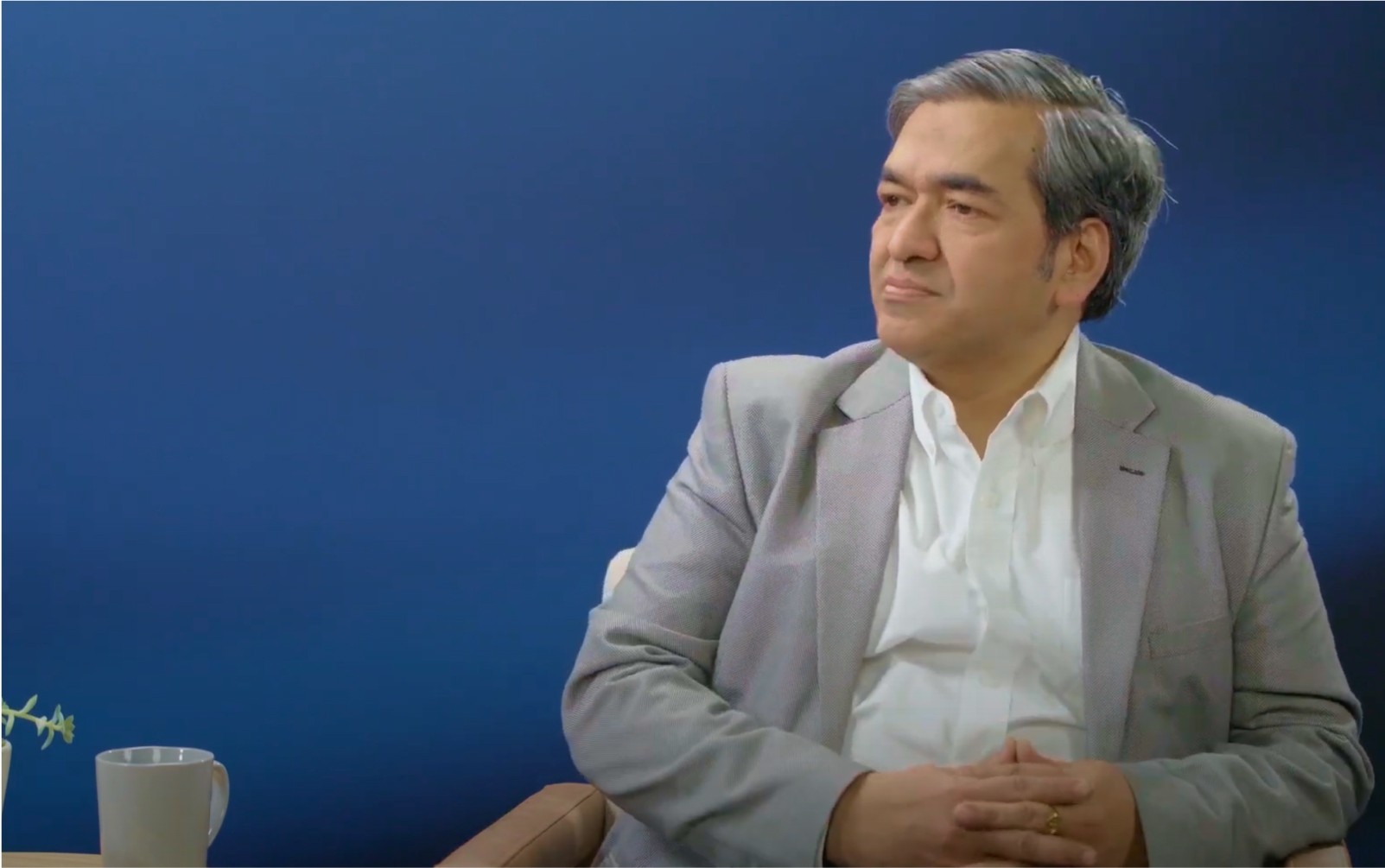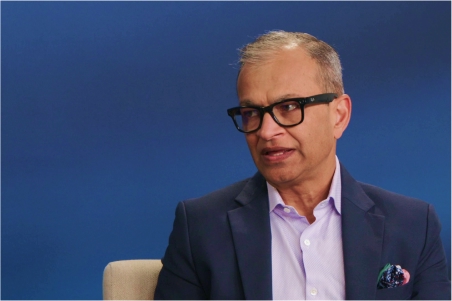July 17th, 2025
3 min read
Akhil Uniyal is Head of Global Collaboration, Innovation & Growth in NTT DATA Group. His team works globally to unify innovation efforts, support co-innovation with clients, and incubate promising partner solutions to solve enterprise challenges.

He spoke to us about the collaborative nature of innovation – and how AI innovation is driving change, not by replacing humans but by empowering and augmenting human capabilities with the tools necessary for more meaningful work.
Bridges and Barriers
As the head of NTT DATA’s Next-Gen Partner Incubation Program, Uniyal works with some of the world’s most disruptive startups and technology partners to co-create the future of enterprise solutions. He believes strongly that innovation can’t happen in isolation. It’s a global, integrated mandate. And NTT DATA’s global innovation program unifies and scales the most promising ideas and partnerships across markets.
“We don’t just partner,” he says. “We co-innovate, incubate, and take these solutions to market as part of our integrated portfolio. Clients demand speed, scale and impact, so we focus on mature emerging tech partners who have at least a minimum viable product, have seen some client deployment, and are ready to test and grow through real-world use cases.”
That’s not all he looks for. Uniyal and his team evaluate potential partners based on their ability to fill service or solution gaps in NTT’s offerings, scale across geographies and industries, and integrate with global practices and business units.
All of this has led the Next-Gen Partner Incubation Program to actively invest in agentic AI, quantum computing, digital twins, digital humans, blockchain and satellite informatics. “These aren’t just trends,” Uniyal explains. “We’re building the next wave of enterprise-grade solutions.”
And they are demonstrating how co-innovation can transform entire sectors. One example: helping a major North American consumer packaged goods client apply agentic AI to optimize billions of dollars in trade spend, delivering predictive and accessible analytics to decision-makers. Another example: convening a consortium of insurers to build a shared data model that streamlines claims processing through collaborative AI development.
“In the past year alone, we’ve executed 25 proofs of concept with our next-gen partners,” Uniyal says. “These pilots serve a dual purpose: they help partners validate their products in real client environments, and they allow us to fine-tune integrated offerings ready for scale. And, as we move from incubation to commercialization, we’re working across all regions to operationalize these innovations and bring them into the hands of clients where it matters most.”
The notion that AI replaces humans is outdated. Instead, it augments human capability. We're already seeing this across sectors, and we expect robotics and human-machine collaboration – or ‘humanatics’ – to accelerate.
AI in Society
Uniyal’s role leading co-innovation in AI has included a focus on the future of agentic AI and smart agents – and he observes that AI is reshaping how work gets done, empowering people to do more meaningful work with better tools.
He emphasizes the need for strong governance as AI tools expand in the enterprise. Consider the field of legal and regulatory compliance, where AI has immense potential to drive efficiency. Uniyal cites one of NTT DATA’s partners who says even in the largest banks, only four percent of legal data gets reviewed. That would mean 96 percent is untouched – an enormous risk and inefficiency. AI-powered document review and smart compliance agents are helping organizations manage this challenge at scale.
“Innovation is dynamic, and our commitment is to stay on the edge – co-creating solutions that are practical, scalable and transformative,” Uniyal adds. “Our global innovation and incubation engine is designed to do just that: bring tomorrow’s technology into today’s enterprise.”




